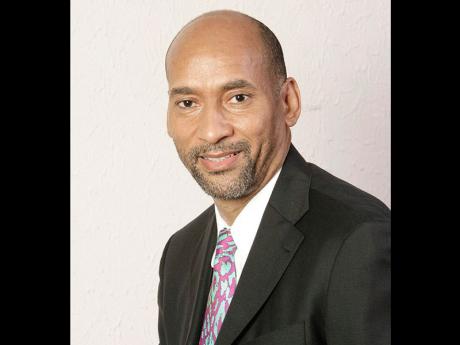Pension funds urged to 'venture' with caution
Members of the pensions management sector are pushing for local regulators to allow pension funds to invest in products in other jurisdictions as another means of improving returns following the national debt exchanges.
Private pensions funds have assets valued at just under J$300 billion under management.
But, while they seek out new ways of earning income, the sector is being warned away from venture-capital investments. Venture capitalists typically fund start-up operations, which comes with a fair amount of risk of business failure.
Allan Lewis, president of the Pension Funds Association of Jamaica (PFAJ), who spoke at Thursday's pensions forum hosted by Prime Asset Management Limited and the Private Sector Organisation of Jamaica (PSOJ), said the vast majority of venture-capital initiatives fail and that investment in this area requires very sophisticated analysis.
"For very large funds which can allocate one per cent of portfolio - and within that one per cent still have a meaningful portfolio to take advantage of the law of large numbers - it might be desirable," said Lewis.
He reminded the forum that pension funds are not allowed to invest in equities which are unlisted.
Jamaica is in the process of developing a venture capital market, spearheaded by the Development Bank of Jamaica, but it is yet to be determined whether pension funds will be allowed to participate as investors.
Prime Asset's managing director, Rezworth Burchenson, advised that one answer to the need for diversification could be allowing "pension funds to invest in good investment opportunities in well-regulated jurisdictions outside of Jamaica".
Pension funds are currently not allowed to do this, and their foreign-exchange holdings are capped at five per cent of their portfolios.
The discussions around new income streams come in the wake of Jamaica's second debt swap, the NDX, in three years. The first was JDX in 2010.
Burcheson said that depending on asset allocation, private funds have lost an estimated one to 1.5 per cent of asset value in the NDX.
"Post JDX, we have had more pensions pushing away from defined-benefit schemes, greater allocation to such things as real estate and equity, and a greater allocation to corporate securities," he said, while advising the forum that the push for diversification started from the first debt exchange.
"Post JDX, there seems to be an increased appetite for risk, but exactly what it is it's hard to tell," Lewis commented later to the Financial Gleaner.
The PFAJ president said the asset value lost in the most recent debt exchange will not be known fully until each fund does its actuarial valuation, which is due every three years.
Lewis said that there were pending legislative changes for pensions which were long overdue, and said as well that the Government needed to return income-tax deductions to pensions funds which by law are tax-exempt.
At least J$10 billion is owed by the Government to local pension schemes, he said.
The Prime Asset/PSOJ pension seminar is an annual event.

